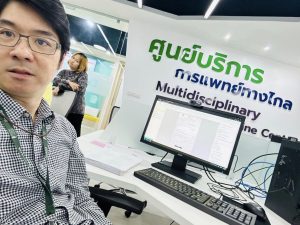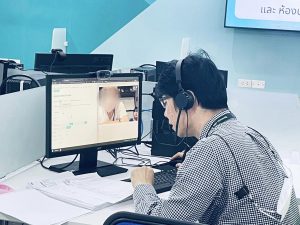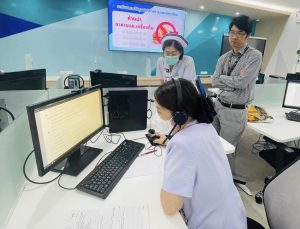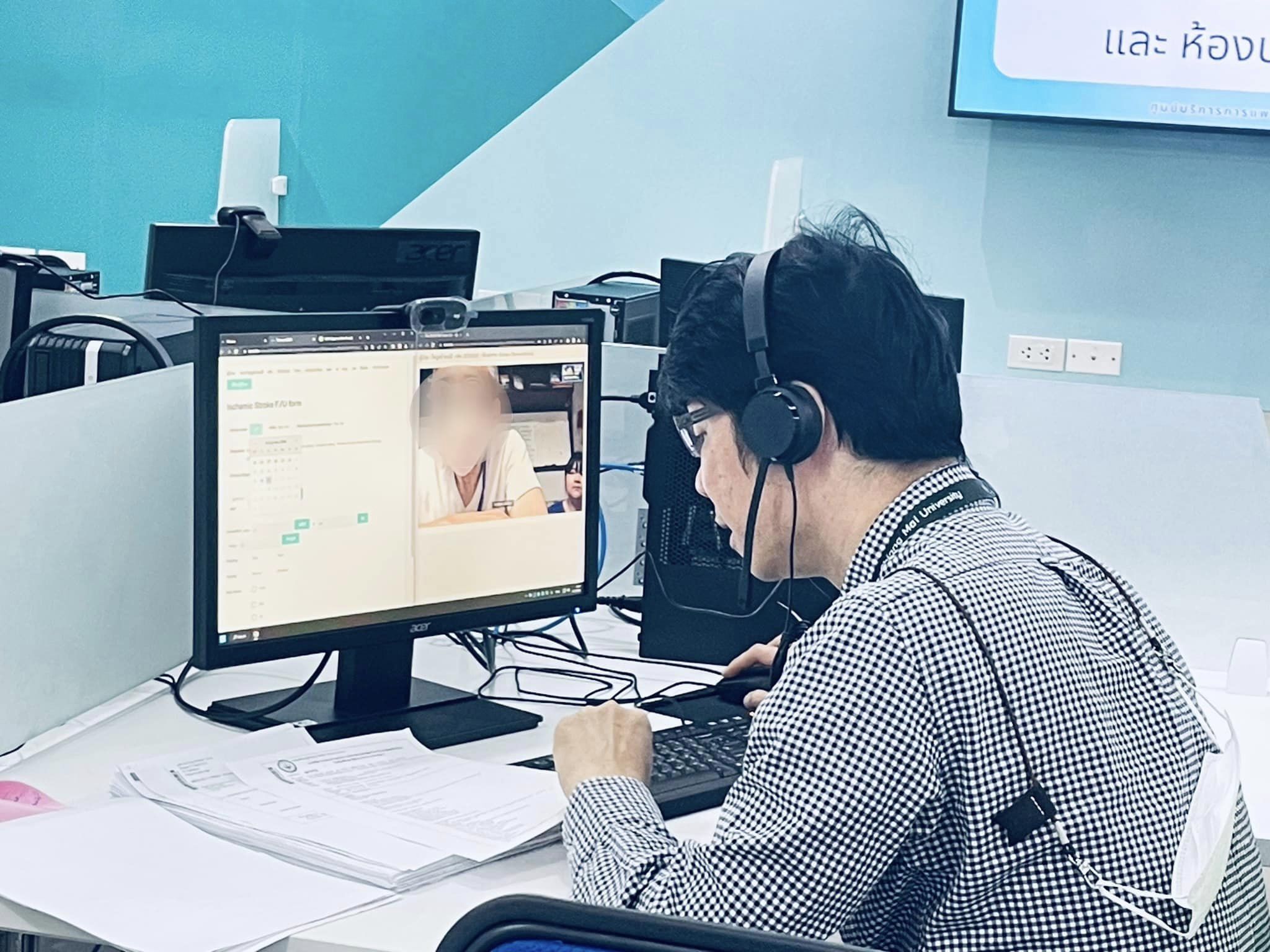Telemedicine has emerged as a transformative technology in the field of healthcare, revolutionizing the way medical services are delivered. In recent years, telemedicine has gained significant attention for its potential to improve access to healthcare, particularly for patients with limited mobility or living in remote areas. One notable success story in this domain is the telemedicine testing conducted at Maharaj Nakorn Chiangmai Hospital, the largest medical school in northern Thailand, delevoped by Dietz.asia
, specifically targeted towards stroke patients. Led by the esteemed neurologist Dr. Surat, this initiative has garnered tremendous appreciation for its effectiveness in providing timely and specialized care to stroke patients.
The telemedicine system was designed to facilitate accurate and timely diagnosis, treatment, and rehabilitation of stroke patients, ensuring they receive the best possible care regardless of their geographical location. It allowed patients to connect with neurologists like Dr. Surat directly, eliminating the need for physical travel and significantly reducing the time between symptom onset and medical intervention.
The implementation of telemedicine at Maharaj Nakorn Chiangmai Hospital has demonstrated the immense potential of this technology in improving stroke care for patients in remote and underserved areas. The successful collaboration between healthcare providers, technologists, and dedicated medical professionals like Dr. Surat has paved the way for a more accessible and efficient healthcare system, ultimately saving lives and improving outcomes for stroke patients.



 Eng
Eng
 ไทย
ไทย  seolounge
seolounge
